Publications
Articles, publications, books, tools and multimedia features from the U.S. Institute of Peace provide the latest news, analysis, research findings, practitioner guides and reports, all related to the conflict zones and issues that are at the center of the Institute’s work to prevent and reduce violent conflict.
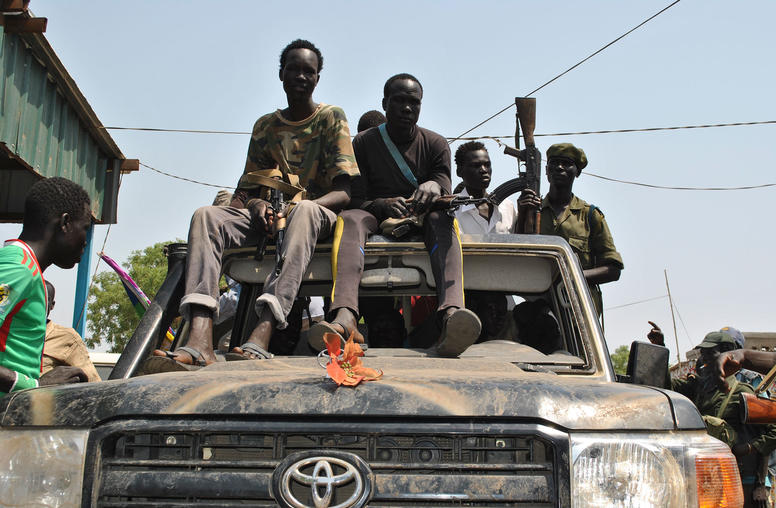
South Sudan’s Pitfalls of Power Sharing
This week, a new proposal for a power sharing government was tabled at the ongoing Intergovernmental Authority on Development (IGAD) High Level Revitalization Forum (HLRF) peace talks for South Sudan. An earlier, 2015 peace deal also contained a formula for power sharing; that arrangement failed and the civil war re-ignited a year later. Power sharing arrangements are appropriate if certain conditions are met, but not enough has been done to ensure the latest proposal will overcome the obstacles present in South Sudan, according to Susan Stigant, USIP’s director for Africa programs and Aly Verjee, a visiting expert at USIP and a former senior advisor to the IGAD mediation, who comment on the proposal and suggest how it could be improved.
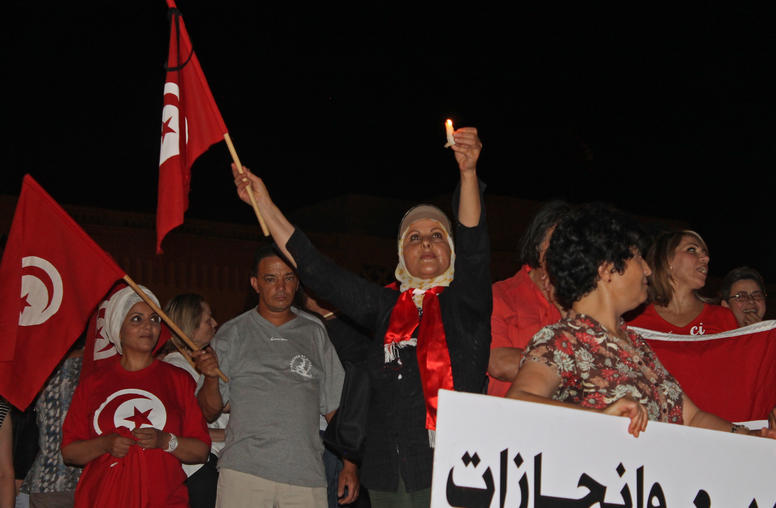
How Can U.S. Better Help Tunisia to Curb ISIS Recruitment?
As Tunisia last month celebrated the 2011 overthrow of its dictatorship, thousands of young Tunisians protested in streets nationwide, often clashing with police. Young Tunisians widely voice an angry despair at being unemployed, untrained for jobs, and unable to build futures for themselves. The single democracy to have arisen from the Arab Spring uprisings is undermined by the feelings of hopelessness among many youth, and by their exploitation by extremist groups linked to ISIS and al-Qaida. To help Tunisian, U.S. and other efforts to build hope for Tunisia’s youth, a small, USIP-funded project is measuring which kinds of programs are actually effective.
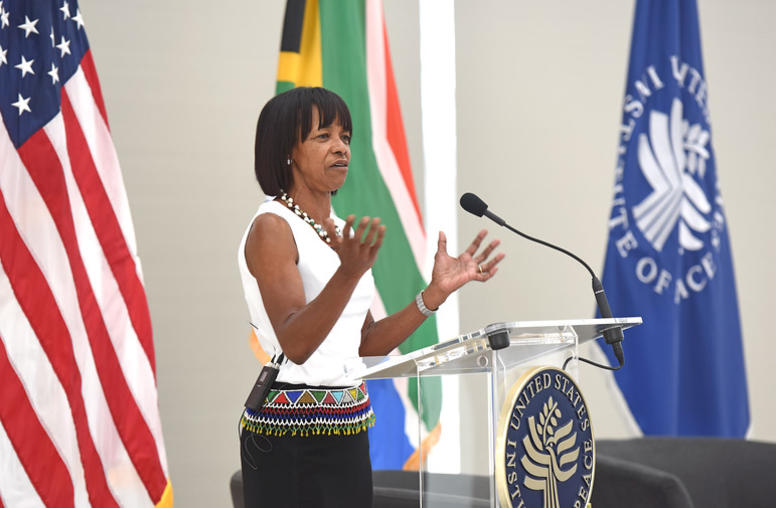
At 100, Nelson Mandela's Meaning for 'A Troubled World'
One hundred years after Nelson Mandela’s birth, his example calls nations and political elites to examine their failings in providing justice and hope to people worldwide, said Cheryl Carolus, Mandela’s colleague in the movement that toppled South Africa’s apartheid regime. Amid warfare across the globe, and alienated voters roiling the politics of democracies, “maybe it is fortuitous that we are confronted with these challenges in the centenary year of Nelson Mandela,” Carolus said, delivering USIP’s inaugural Nelson Mandela Lecture. “Maybe we will remind ourselves that peace can only reign and endure if there is justice and equality.”
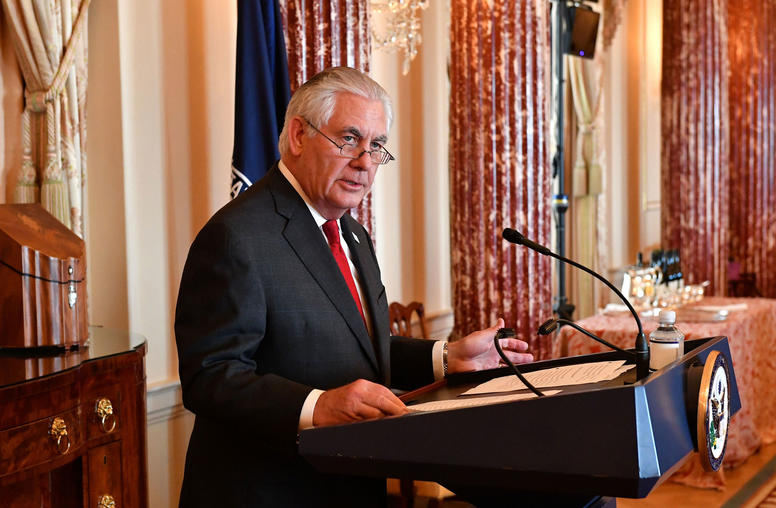
Secretary Tillerson Goes to Africa
Secretary of State Rex Tillerson is on the most extensive visit to Africa by a senior official in the Trump administration. Tillerson will visit the continent’s two most populous countries, Nigeria and Ethiopia, both crucial to U.S. regional security interests but which face increasing fragility at home. He will also travel to U.S. allies Chad, Djibouti and Kenya, countries struggling with domestic political stability, and will meet leadership of the continent’s principal regional organization, the African Union. USIP’s Africa experts preview the landscape and key issues for the East Africa leg of Tillerson’s trip to Ethiopia, Djibouti and Kenya, and note that broader U.S security and trade interests can only be served if the national challenges for peace and stability in each country are also addressed.
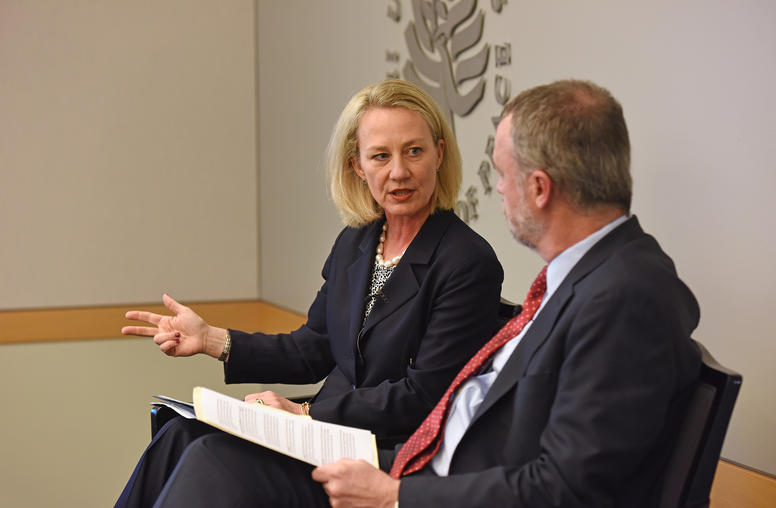
U.S. Presses Taliban to Accept Afghan Peace Talks
The senior U.S. diplomat for South and Central Asia, Ambassador Alice Wells, urged Afghanistan’s Taliban to take up last week’s offer by President Ashraf Ghani to hold direct peace negotiations. “It is a positive sign” that the Taliban have not rejected Ghani’s proposal, Wells said—and a planned regional conference in Tashkent this month should reinforce international pressure for the insurgent movement’s acceptance of peace talks.

Possible U.S.-North Korea Summit: Expect the Unexpected
This week, President Donald Trump said he is accepting an invitation by North Korean leader Kim Jong Un to meet face to face, perhaps as soon as May. Such a meeting would be the first between a sitting U.S. president and a leader of North Korea. Frank Aum, USIP’s senior expert on North Korea, told NPR on March 8 that the news made him “optimistic and terrified at the same time.”
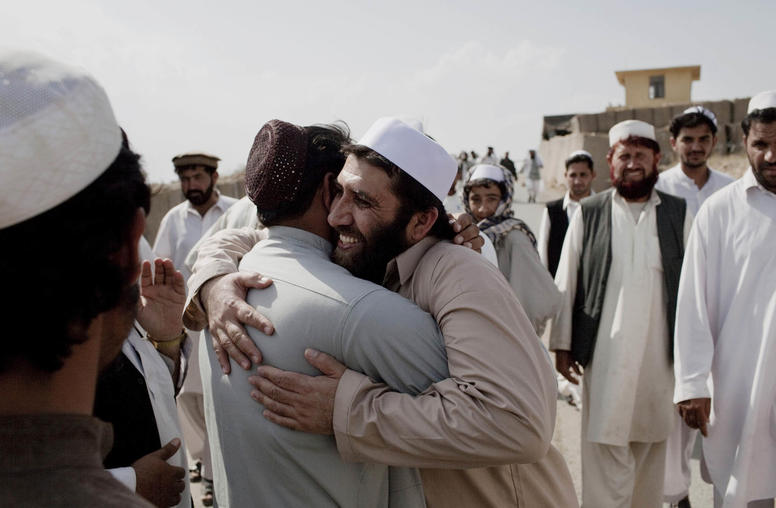
For an Afghan Peace, Work with China
Defense Secretary James Mattis said in Kabul March 13 that, for U.S. policy in Afghanistan, “victory will be a political reconciliation” that includes the Taliban. Mattis’ statement sustains the public focus on an Afghan peace process following separate proposals for negotiations last month by the Taliban and Afghan President Ashraf Ghani. If the United States is to maximize the chances of ending this 16-year war, it needs urgently to pull China into the process, according to David Rank, who headed both the U.S. Embassy in Beijing and the State Department’s Office of Afghanistan Affairs during a 27-year diplomatic career.
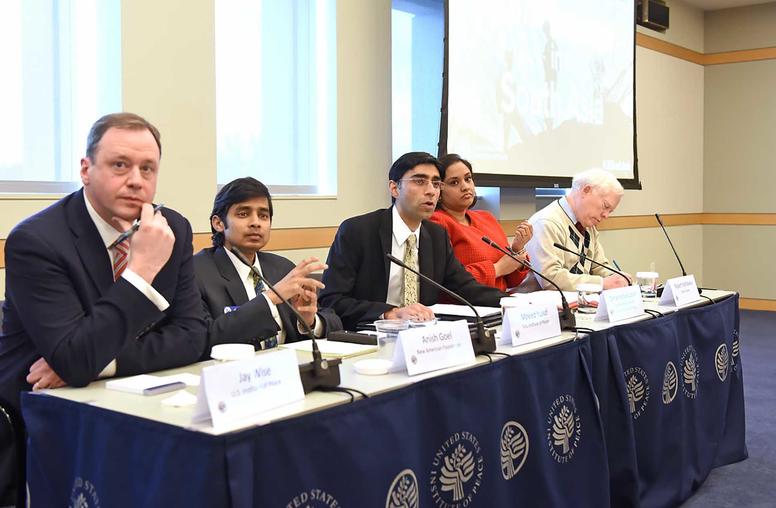
U.S. Leverage in South Asia: Enough to Meet Policy Goals?
How much leverage does America really have in South Asia? The answer, according to discussion of area experts at the U.S. Institute of Peace last week, is both more and less than U.S. policymakers tend to think.
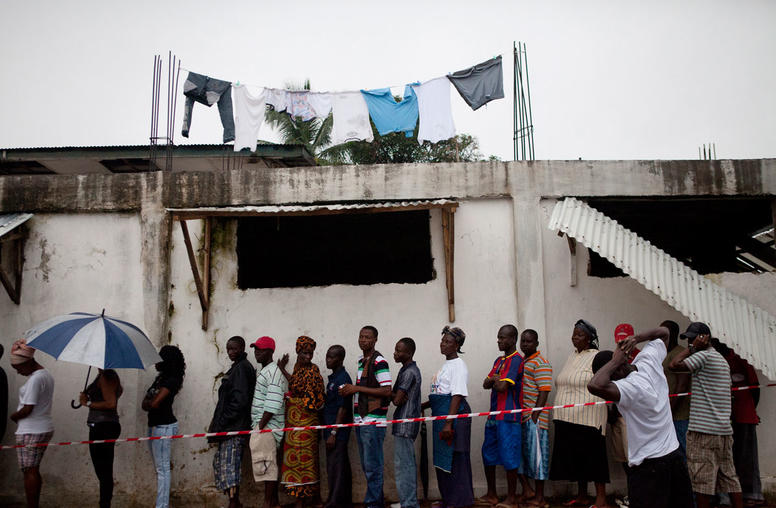
How the United Nations Can Harness 'People Power'
The United Nations has declared a priority this year to unify and strengthen its work in building peace—and U.N. bodies will meet in the next two months to advance that change. U.N. leaders have acknowledged that a vital element in peacebuilding is nonviolent, grassroots movements. But as the United Nations aims to more efficiently promote peace, how prepared is it to actually work with them?
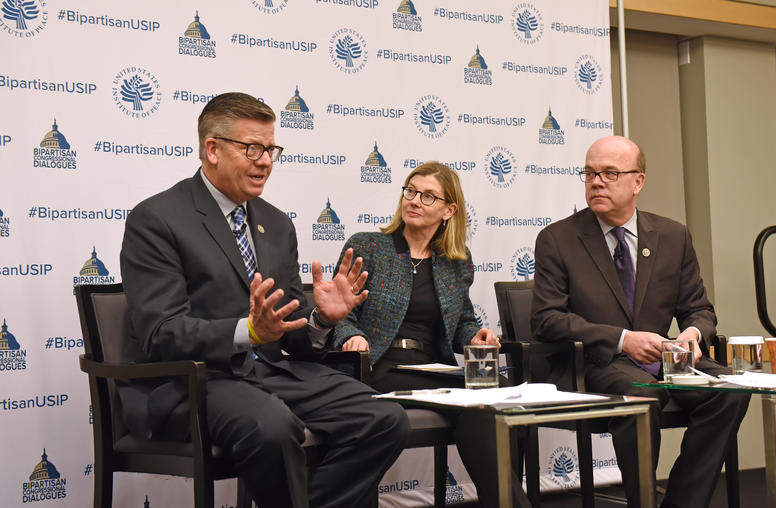
Congress Can Be Bipartisan: The Case of Human Rights
In an American political culture coarsened by belligerence, dozens within Congress still are shaping bipartisan foreign policies to maintain a strong U.S. defense of human rights worldwide. The ability of Congress to sustain bipartisanship on human rights issues is vital to long-term international stability and U.S. national security.